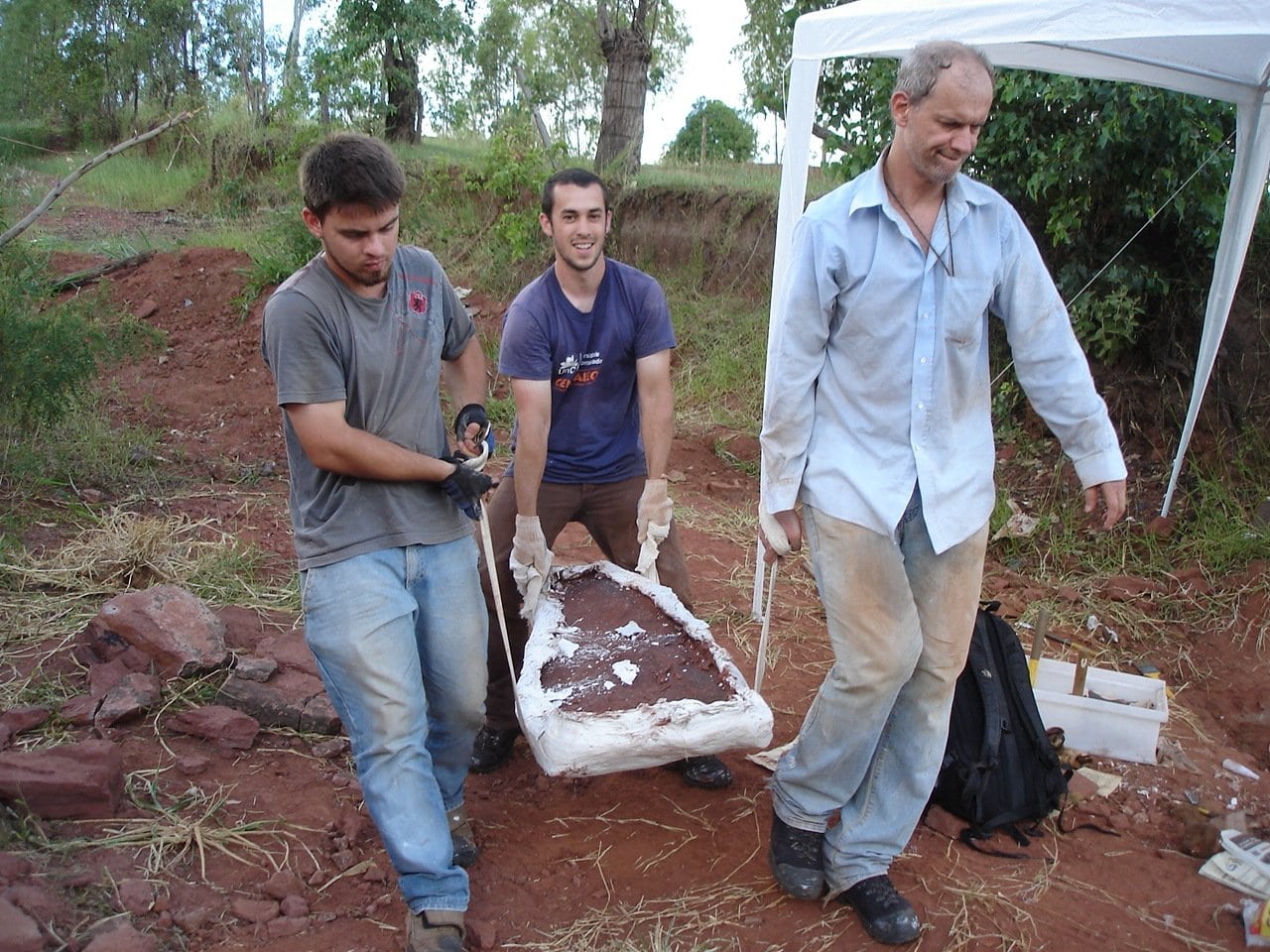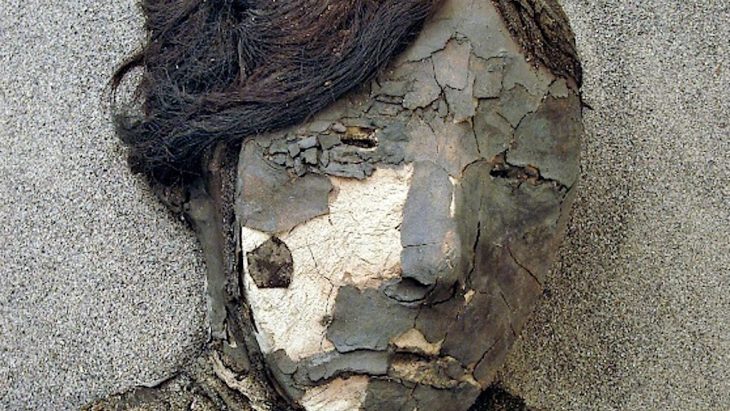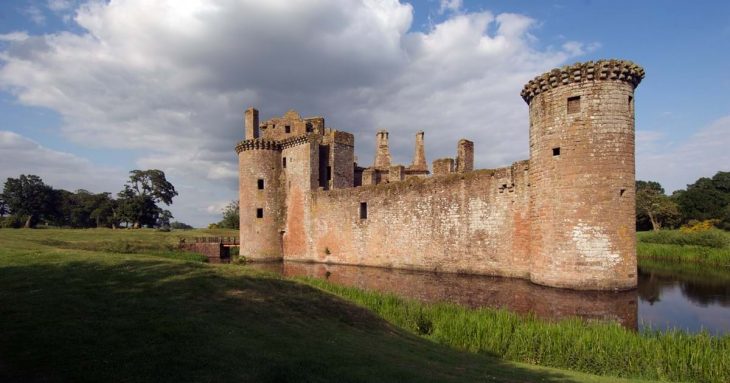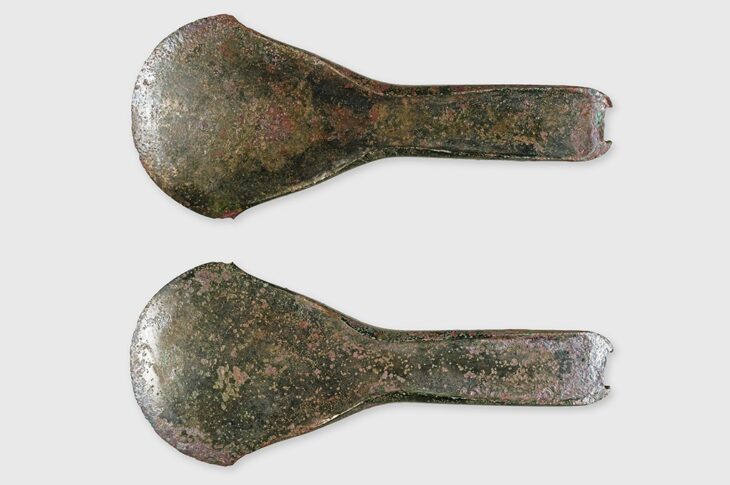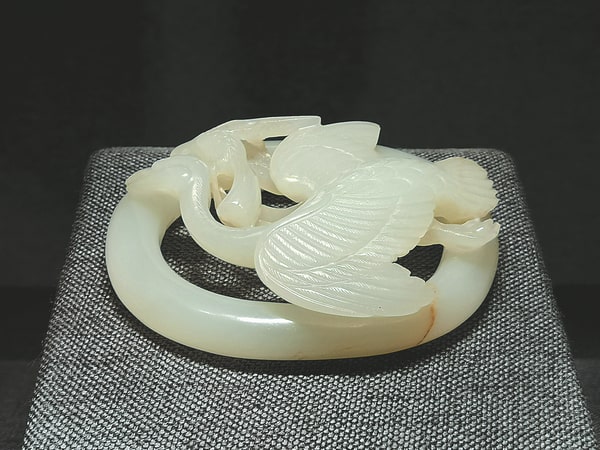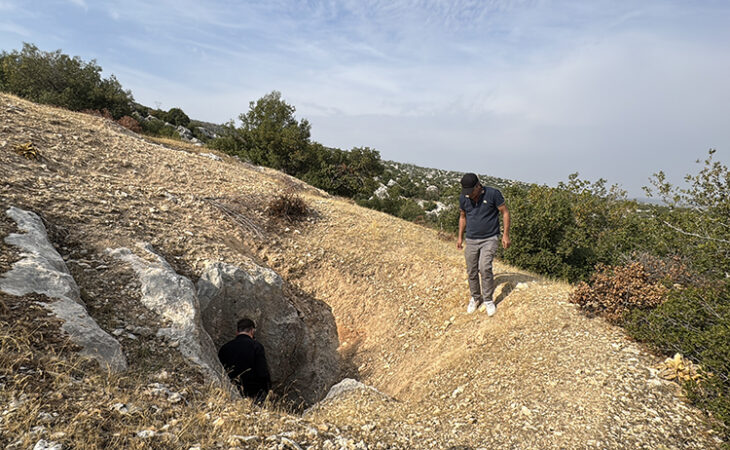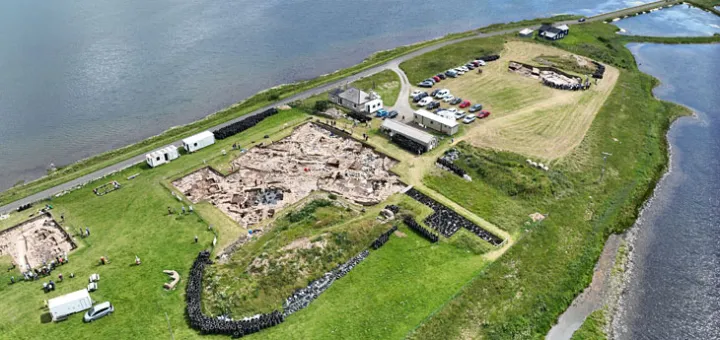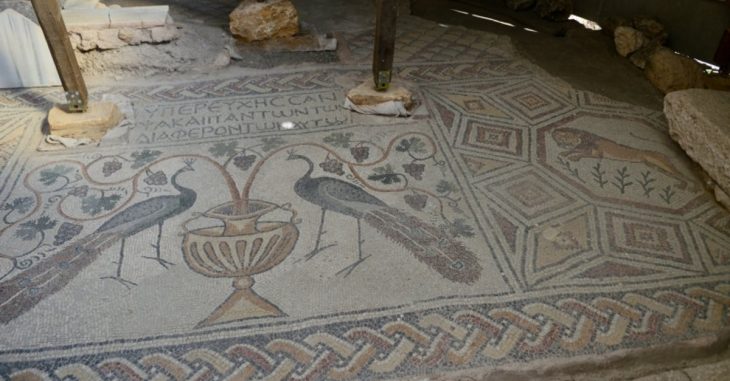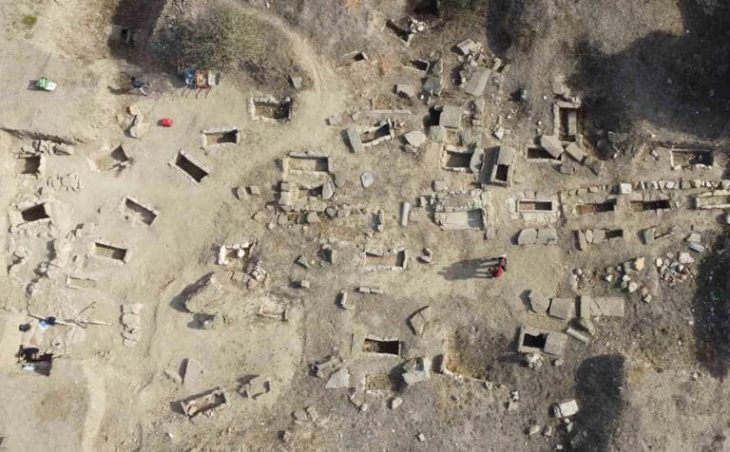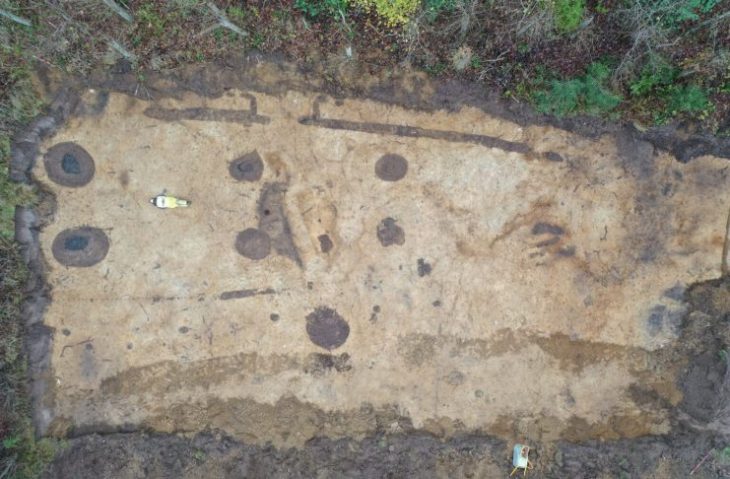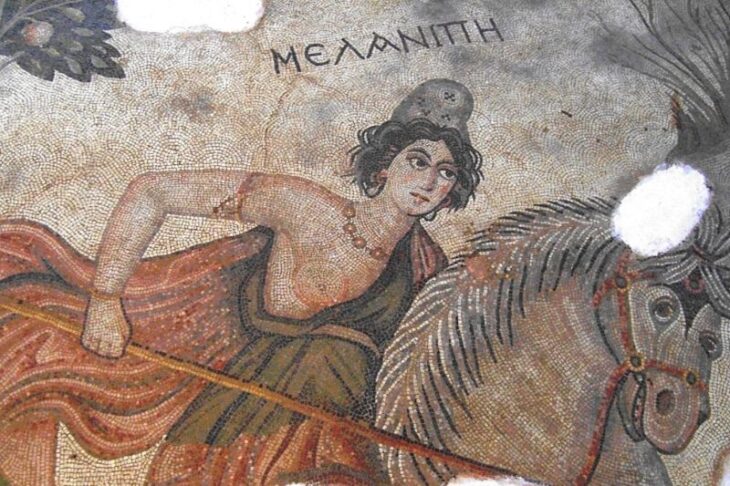Researchers have uncovered the remains of a toothless, two-legged dinosaur species that lived 70 million years ago in Brazil, calling it an “extremely unusual” find.
Theropod, a group whose members were virtually always thought to be carnivores, is the little dinosaur, which reached around 1m long and 80cm tall.
However, the new species, Berthasaura Leopoldinae, has a beak-like mouth with no teeth.
Geovane Alves de Souza, Marina Bento Soares, Luiz Carlos Weinschütz published their findings in the journal Nature, calling the discovery “one of the most complete dinosaurs found from the Cretaceous period in Brazil”.
“That was a real surprise,” the paleontologists who made the find said in a statement released by Brazil’s National Museum.
📣 Our WhatsApp channel is now LIVE! Stay up-to-date with the latest news and updates, just click here to follow us on WhatsApp and never miss a thing!!
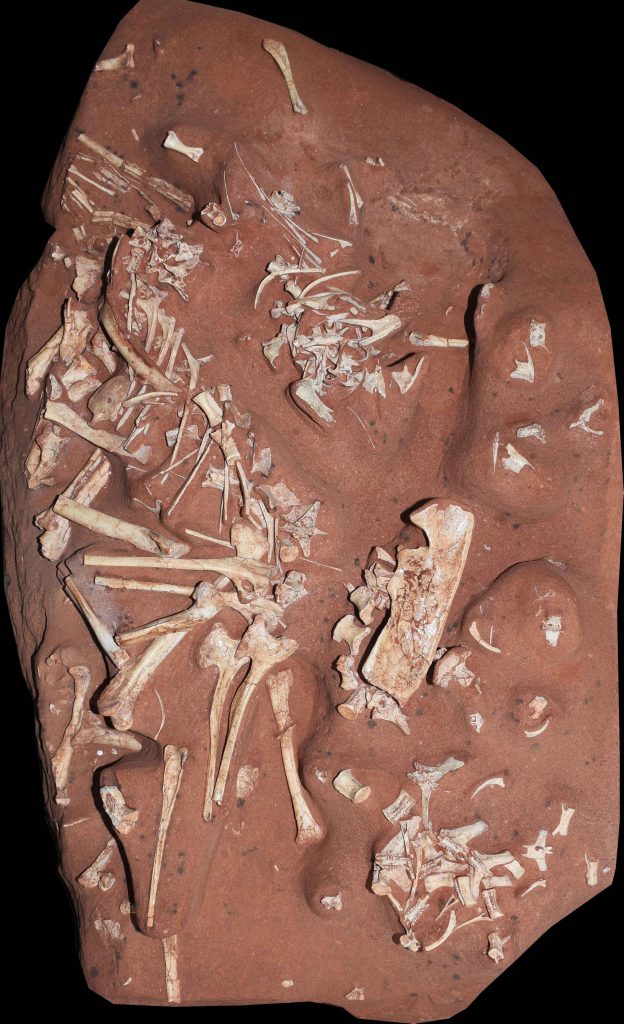
“The toothless part raises doubts about what kind of diet this animal had,” said researcher Geovane Alves Souza, one of the study’s authors.
“It doesn’t necessarily mean it didn’t eat meat, though. Lots of birds, such as falcons and buzzards, eat meat with beaks. Most likely, it was an omnivore living in an inhospitable environment where it had to eat whatever it could.”
The fossilized skeleton was found along a rural road in the southern state of Parana between 2011 and 2014.
Analysis revealed it was an entirely new species that lived between 70 million and 80 million years ago.
The species was named for Bertha Lutz, a revered Brazilian scientist and feminist who died in 1976, and for Maria Leopoldina, Brazil’s 19th-century empress, who was a patron of the sciences.

